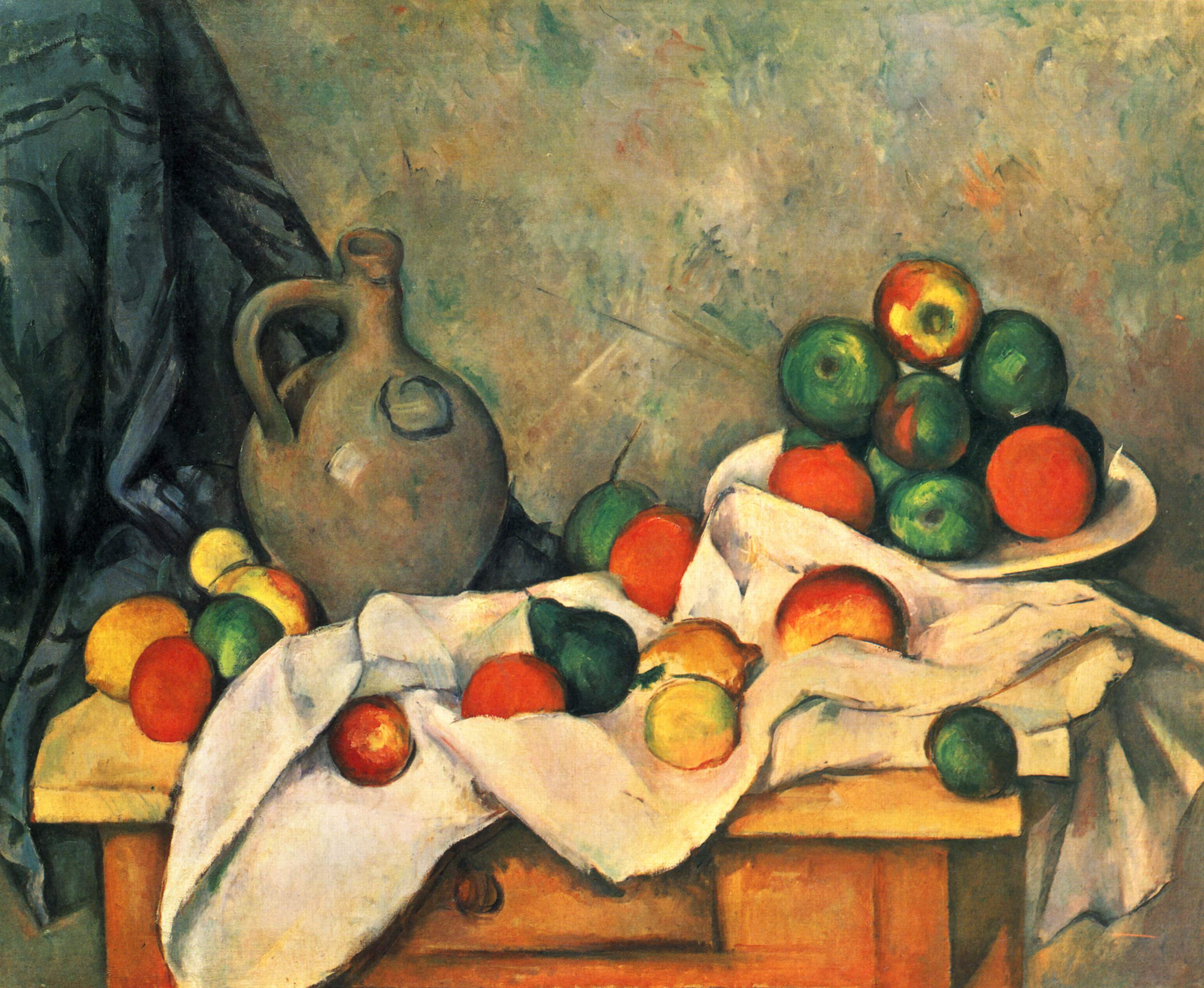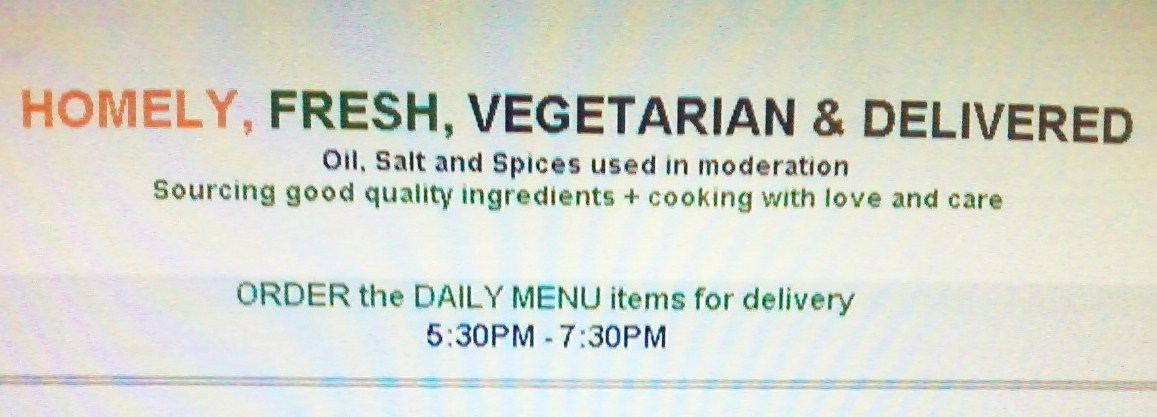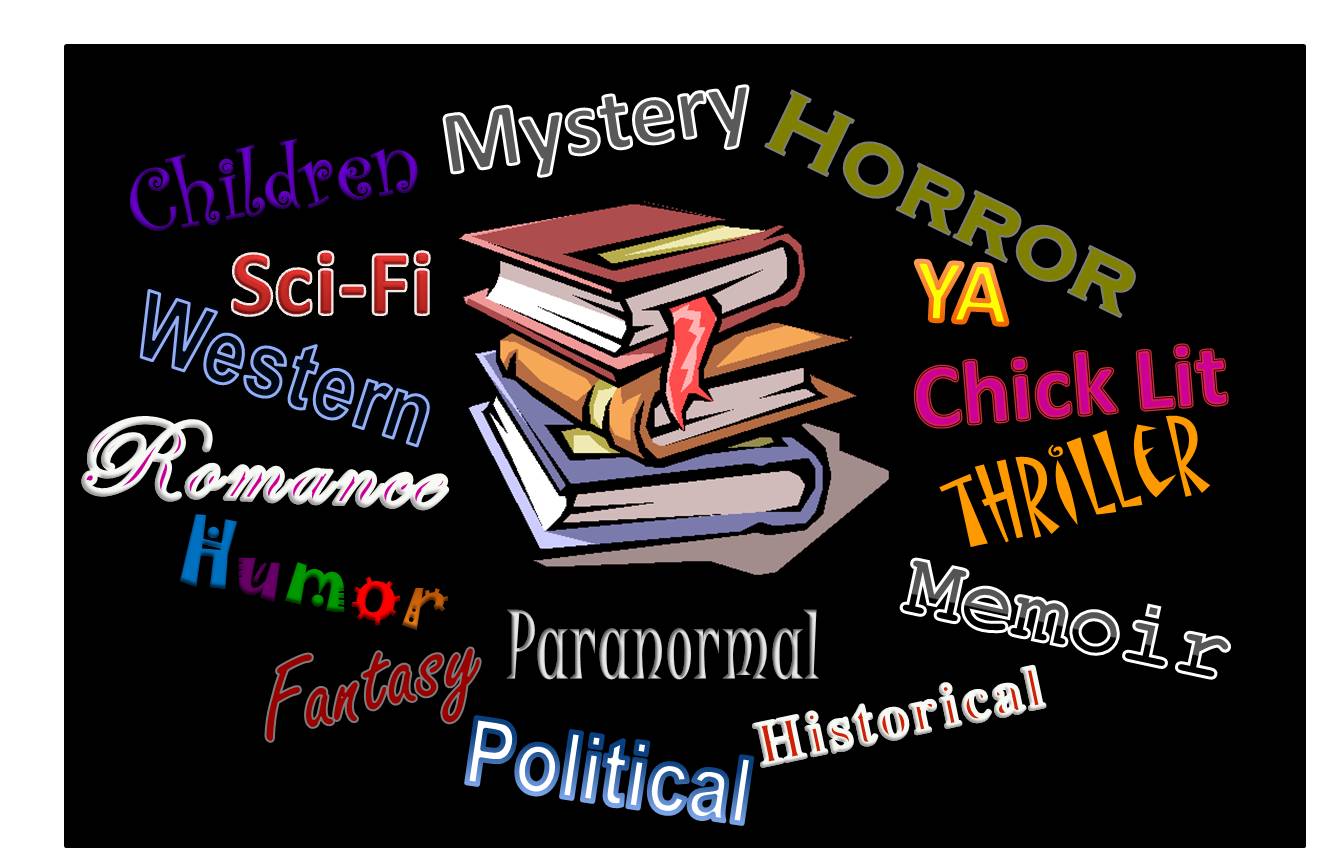We all go through those times when the writer in us yearns to come out, but our brains just won’t cooperate. It’s frustrating, to say the least.

What drove this man to climb up here? What are his thoughts? (Image via Wikipedia; artwork by Caspar David Friedrich)
At those times, you can help break through the creative Wall of Silence by letting someone else’s art inspire your art. No, I’m not talking about plagiarism; I’m talking about letting a piece of art speak to you, then just writing down what it says.
It could be anything from an old master’s oil painting to a contemporary glass sculpture. What do you see in the piece? If it’s a painting, what’s in the minds of the people? What were they doing just before or after the artist captured the scene? If it’s a landscape, what has that land experienced throughout the millennia or in its more recent history? How did those random flowers come to be there – are they the only remnants of a lover’s bouquet that took root or a happy homestead now completely erased from the earth?
I know of a woman who was actually inspired to write a short story by a still life painting. For some reason, the fruit came to life in her mind. They developed lives of their own and formed relationships, starting with their “infancy” in the growing stage, then being plucked from their branches or stems in their “adolescence” and taking a crated trip to a foreign country, and finally winding up with their thoughts and interactions in “maturity” while sitting in a bowl on someone’s kitchen table. One of the oranges even tried to make a break for it when he saw his fellow bowl-buddy getting peeled and eaten!
Even if you don’t write a full story, just engaging in the writing process can help you break through that barrier. But you never know – you may just stumble upon a story gem you didn’t even know was lurking in the depths of your creative mind!






